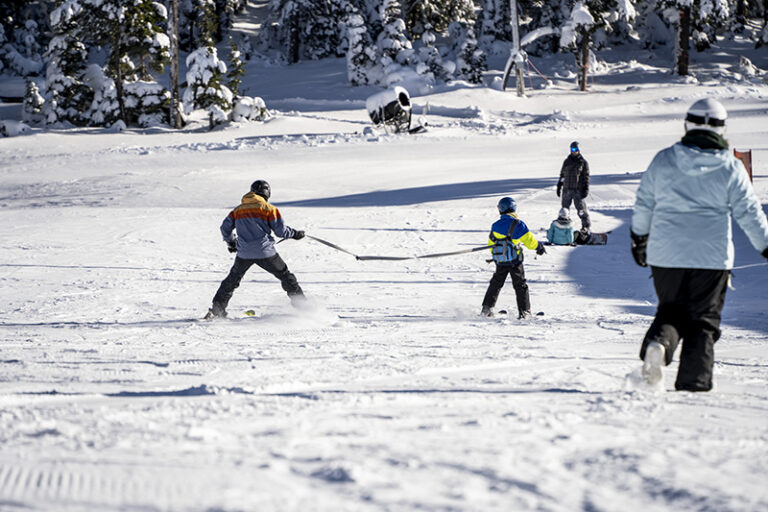This is the second half of an interview on marathon and other long race training strategies with Race Director Ken Eldore, who puts on the Priest Lake Marathon and other Priest Lake area trail runs and races including the Priest Lake Triathlon. If you missed it, check out the first half of the interview here.
OTM: What injury prevention and management tips can you offer, especially for runners looking to complete their first marathon or other long distance race this year?
KE: As your training program progresses to about the midway point, be careful to watch for any signs of injury and address them as soon as possible by seeking help from someone who specializes in sports injuries. Take the time to let any potential injuries rest and heal while they are still a small problem. Running injuries can go from little to huge very fast, and pushing through too hard can lead to disaster. As race director of the Priest Lake Marathon, I get most medical transfer requests due to running injury about six to eight weeks out from race day. That’s when the training volume and long run distances start to really test a runner’s base conditioning. Not making it to race day due to injury is a common occurrence, so having some extra time built into your original plan to back off and rest if something starts to hurt can really help get you to the starting line. Also, when doing your long runs, practice walk breaks if your plan is to do that on race day. Walking some type of intervals during a marathon gets a lot of people to the finish line. Remember we are not all built to perform like Paula Radcliffe, and having a slow plan or walk break plan works for many runners. I’ve meet a lot of great Marathon Maniac runners who finish marathons on a regular monthly basis, and many of them include the words “slow” and “walk” in their race strategies. Focus on the joy of your experience by crossing the finish line for the first time, not the race clock.
OTM: Any cross-training advice, including strategies for incorporating mountain biking, cycling, or swimming into training for a long race?
KE: The benefits of cross-training for me personally are huge, and I think especially anyone prone to injury will be better off with mixing in some form of other training like cycling, swimming, weight training or CrossFit. Not only can cross-training be a lot of fun, I really notice a performance difference in my running when I keep cycling in my routine. I myself struggle with lower leg injuries due to a motorcycle accident about 12 years ago. After the accident, continual injury resulted in a number of failed attempts to make it to the marathon distance. The constant impact of running without some other types of strength conditioning was a formula that wasn’t working for me, and on the encouragement of my physical therapist I gave cycling a try. After buying my first road bike, I discovered a love for the sport as well as mountain biking and swimming, which also all fuel my passion for triathlon. For myself, I don’t think it would be possible to finish longer distance races like a marathon without regular cross-training. Throwing a couple of cross-training workouts into your week will add some fun, make you stronger and help get you to the finish line. //













